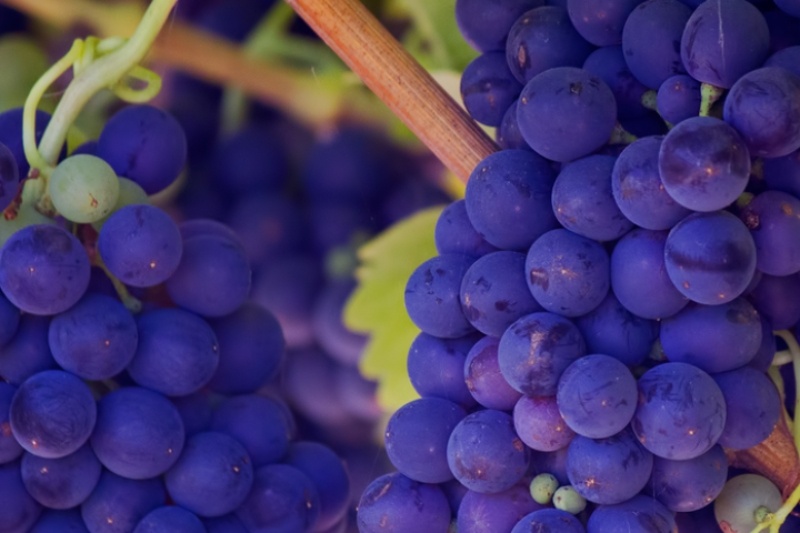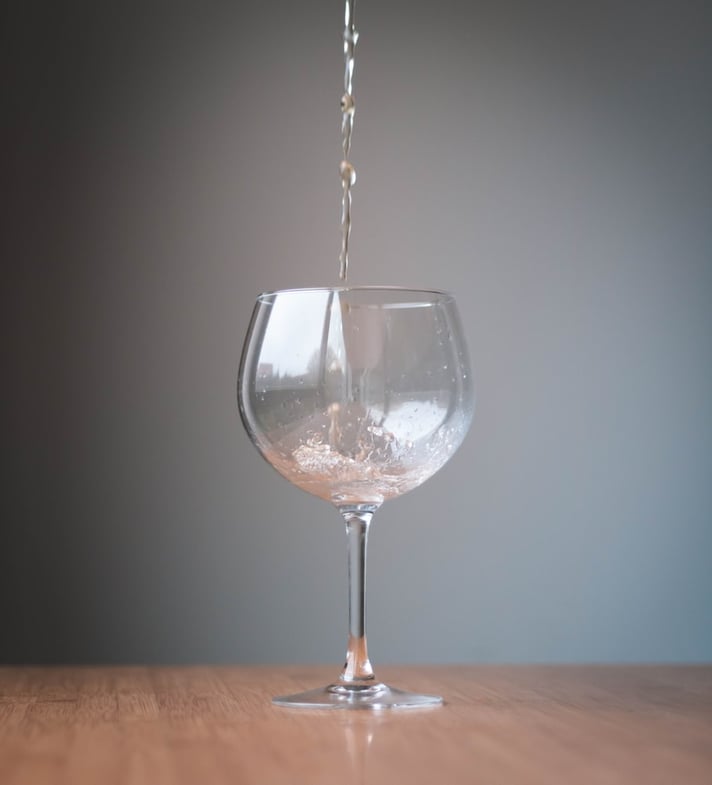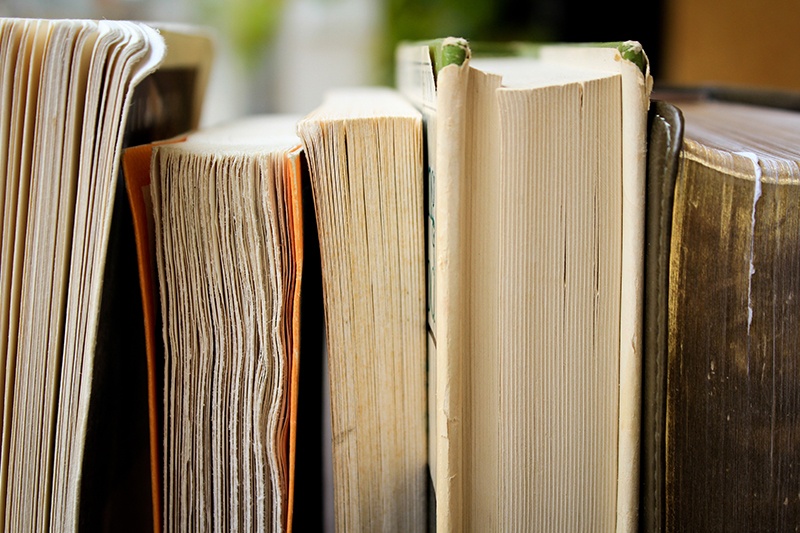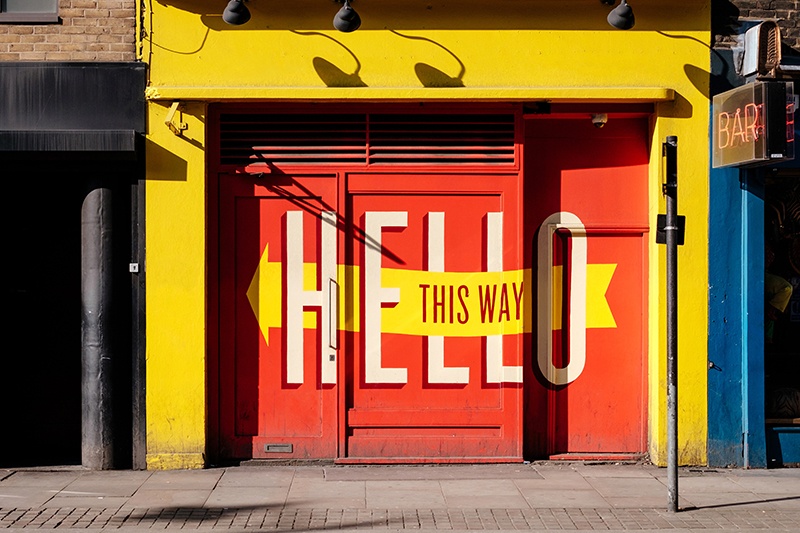This Watch and Listen section of Speak for Yourself #7 presents three different pieces to practice your English listening skills - a video from Rick Steves, a travel blogger who visits the vineyards of Montepulciano, a short explanation from Tom, an English language "vlogger" who explains why the perfect cup of tea is so important for the British and a short film about Martin Riese, a "water sommelier" who explains the real differences between a glass of the most abundant liquid on the planet - water. Watch and listen and then look at the Strategy and Comprehension sections presented below.
1. Montelpuciano, Italy: Tuscan Vino and Views (Time: 4:48 - North American accent)
"The vineyards here produce some of the very best wine in the world" Rick Steves, Travel Blogger, USA

Rick Steves is traveller, tour guide and travel writer whose YouTube / Online video diaries and destination guides attract millions of views. In this video, Steves is in Montelpuciano, exploring the vineyards and cellars that give us some of the best wines Italy has to offer: Montelchino’s Brunello and Vino Nobile from Montelpuciano.
The scenes of Montelpuciano’s main piazza and the incredible cathedral cellars of Cantina de’Ricci will be familiar to past Speak Learners who have visited the town as part of the 8-day Speak Plus programme.
STRATEGY
In this video, Steves uses a lot of vocabulary relating to wine production. Notice how many of the words still show their root in the Latin for wine, vinum.
Watch the video and try to identify the words he used (not all of them are used) and try to understand their meaning from context.
1) Vines
2) Vineyards
3) Vintage
4) Vitner
5) Wine cellar
6) Wine country
7) Winegrower
8) Winemaker
9) Wineries
2. How to make the perfect cup of English tea (Time: 6:05 - British accent)
"There is nothing more British that a good cup of tea" - Tom, English language blogger, UK

Fancy a cuppa? is an essential British question. If you search for “common British phrases” online, this one will be on any list you find. You might also see “fancy a brew?”, but what is a cuppa or a brew? And what does fancy mean?
As Ireland and the UK are some of the biggest tea-drinking nations in Europe, it should be no surprise that the English language has developed phrases to talk about this important part of the day.
In this video, vlogger Tom from Eat Sleep Dream English explains how to make the perfect cuppa (cup of tea) and explains some of the essential vocabulary and idioms around tea.
STRATEGY
Watch the video all the way to the end, making a note of new vocabulary and phrases. After watching once or twice, see what you have remembered by answering these questions:
1. What are the 7 things Tom uses to make his cup of tea?
2. What does it mean to take your tea weak?
3. What does it mean to dunk your biscuit?
4. What do the following idioms mean?:
"Not for all the tea in China!"
"A storm in a teacup"
"Not my cup of tea"
3. There is Such a Thing as a Water Sommelier (Time: 11:20 - German English accent)
"There is no pure water" - Martin Riese, Water sommelier, Germany

When you think of the word sommelier, typically we think of wine specialists who can recognise the individual flavours in a glass of wine, even identifying the specific wine cellar and year. This short film, however, is about a different type of sommelier, a water sommelier.
From a young age, Riese realised he had a special ability to identify minerals in water. Now, he is one of the world’s leading water sommeliers, and is on a mission to educate us about the different waters we are drinking.
In this film, we learn from Riese why there is no such thing as pure water and why you should think twice about buying bottled water. We also see Riese and other water sommeliers in action at a competition in China, who are a leading nation in water production.
STRATEGY
Step 1
First, watch the film without the subtitles and see if you can answer these questions:
1. What is the difference between tap and bottled water?
2. What happened when Riese was 4 years old?
3. Which water surprised Riese at the competition?
4. What differences are there between water production in the USA and Asian countries?
If necessary, watch the film again with the subtitles to help you understand.
Step 2
A lot of the vocabulary used for water tasting is taken from wine tasting. Watch again from 03:45 for some of the most important vocabulary:
"It’s not just about taste"
"Swirl the water in the glass"
"Oxygen helps the water to grow"
"Slurp the water"
"Sip the water"
"The water was distinctive and fruity"
"To rank the waters"










